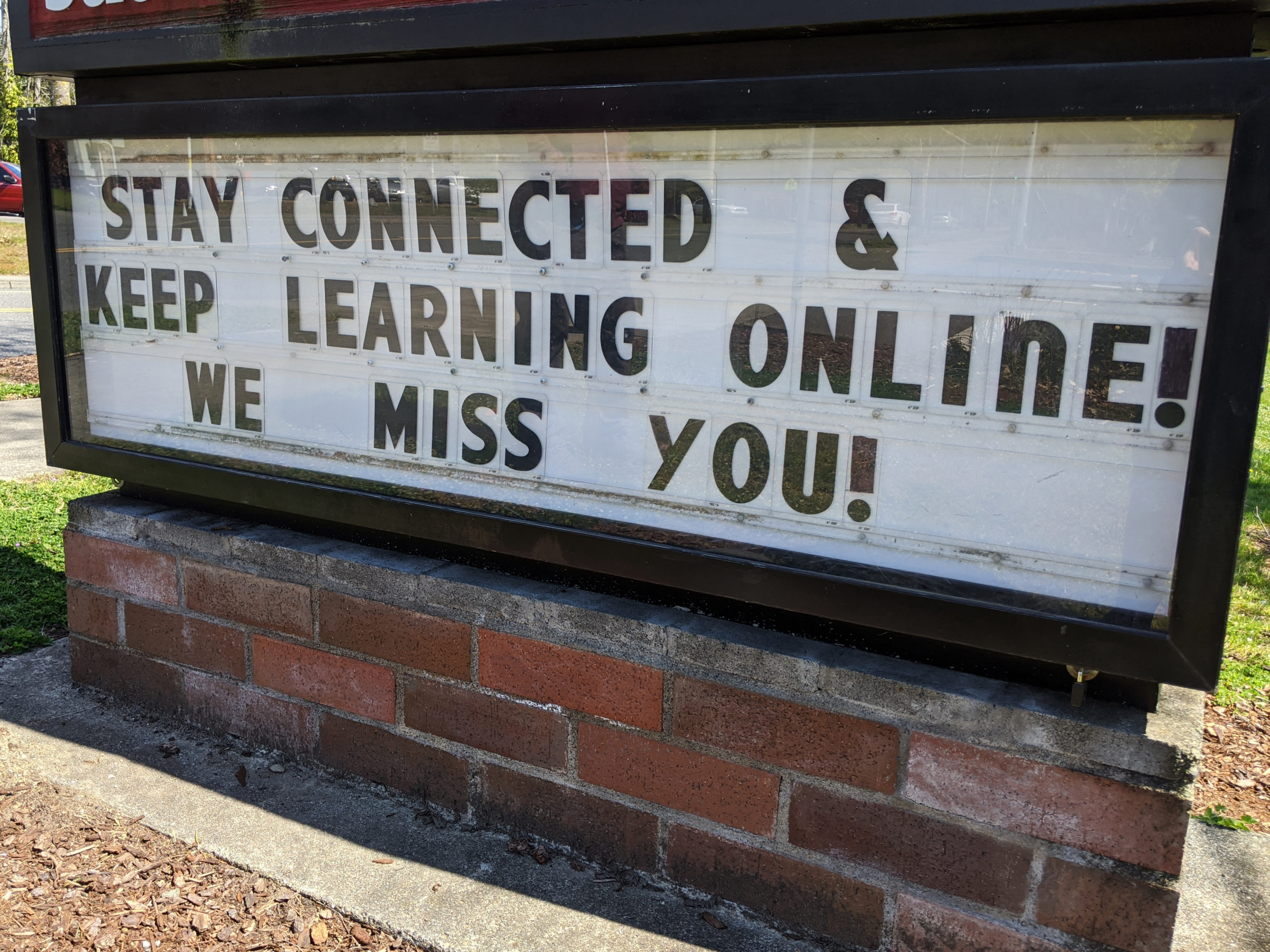The verdict is in: school closures during the pandemic cause student learning to suffer significant setbacks. Recently released data from The National Assessment of Educational Progress (NAEP) shows that the longer a school district closed in-person classes and pushed virtual or online classes, the worse students performed in math and reading. Cities like New York City, Philadelphia, Chicago, and Los Angeles experienced widespread closures, and the recent NAEP scores show about half of students in those school districts are able to read at a basic level and fewer than 60% can do basic math skills.
NAEP scores for school districts with strong union influence showed a steep decline in student performance between 2019 and 2022:
- New York City: Both basic and proficient math achievement levels fell by 9% to 60% and 23%, respectively
- Philadelphia: Students suffered a double-digit decline in basic math achievement levels from 52% to 41%
- Chicago: Student achievement levels dropped by 13% in basic math and 11% for proficient math
- Los Angeles: Students’ basic math achievement levels dropped 7% while proficient math achievement levels remained the same at 20%
In contrast, Florida, a right to work state, saw much higher math achievement levels than New York City, Philadelphia, Chicago, Los Angeles, and the national average. Florida students went back to fully in-person classes in the fall 2020 while New York City, Philadelphia, Chicago, and Los Angeles students didn’t return fully until fall 2021.
In Hillsborough County, Florida, which covers the Tampa area, 81% of students performed at or above basic math level and 40% at or above proficient math level in 2022—double digits ahead of New York City, Philadelphia, Chicago, and Los Angeles. Though Hillsborough County’s achievement levels saw slight decreases from 2019, they remained above the national average and above most large-city school districts.
Teachers unions resisted school reopening plans for months and were vocal about closing schools unless certain demands were met, such as increasing federal funds to public schools, putting in place daily testing and providing masks and gloves.
American Federation of Teachers (AFT) president Randi Weingarten said in July 2020, “There’s no way that you’re going to have full-time schools for all the kids and all the teachers the way we used to have it” until more federal funds were spent according to unions’ demands.
In AFT-backed districts like Los Angeles, the demands went further to include social issues like defunding the police and ending charter schools.
Weingarten also threatened strikes if schools were reopened: “If authorities don’t protect the safety and health of those we represent and those we serve … nothing is off the table—not advocacy or protests, negotiations, grievances or lawsuits, or, if necessary and authorized by a local union, as a last resort, safety strikes.”
Following suit, Chicago’s teachers union went on strike in January 2022 over a dispute regarding masks and increased testing for Covid. The strike cost Chicago students four days of classroom instruction and spurred parents to protest at union headquarters. A statement from the group of protesting parents read, “As parents, we are disheartened, seeing the pain that this is causing our young adults, who have had the hopes of returning to in person learning threatened again.”
In response to the NAEP’s recent findings, Weingarten posted on social media that the data confirmed the “pandemic’s effects were bad everywhere and that all schools and kids, no matter the state or school district, in person or remote, were hit hard.” Weingarten did not elaborate about AFT’s role in pushing remote learning over in-person classes.
Yet the data shows that the school districts in large cities like New York City, Chicago, Philadelphia, and Los Angeles, whose teacher unions pushed for remote learning and school closures, did worse than districts which reopened schools much sooner.
